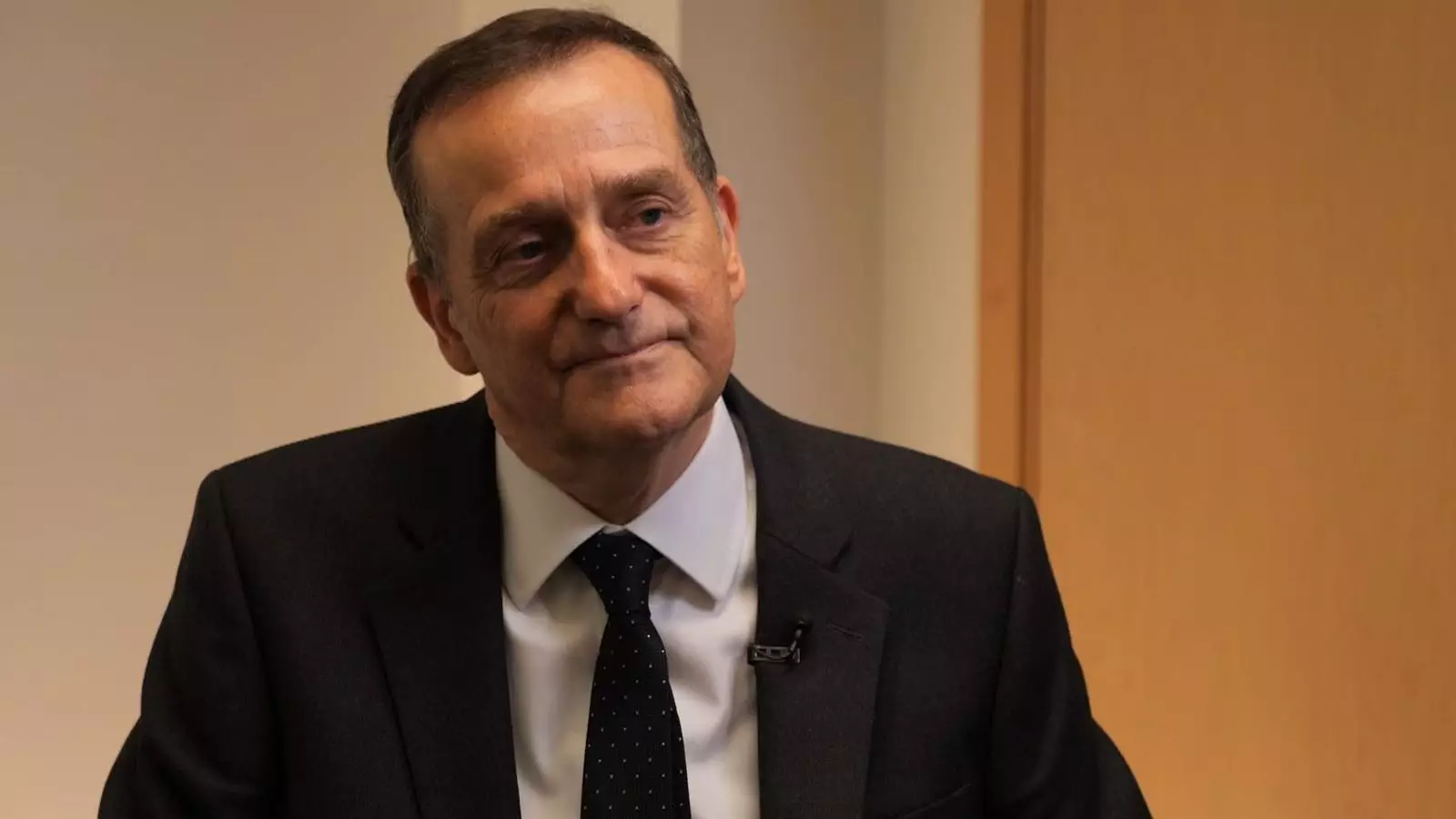In a troubling revelation, England’s Chief Prosecutor Stephen Parkinson has declared the backlog of rape and sexual offence cases in the country’s crown courts as “totally unacceptable.” This statement comes at a critical time, as the justice system faces mounting challenges that hinder the timely resolution of sexual assault cases. Parkinson, who recently assumed the role of Director of Public Prosecutions, has identified combatting this backlog as his “highest priority.” His focus highlights a significant always-overshadowing crisis—delays that not only affect the judicial process but also significantly impact the victims involved.
These protracted delays have profound psychological and emotional ramifications on survivors of sexual violence. Parkinson’s remarks stress that victims often feel disillusioned by the system, creating an environment where the willingness to support legal proceedings diminishes. The heartbreaking reality is that many defendants exploit the drawn-out nature of these cases, hoping that the time will work in their favor by leading victims to withdraw their complaints altogether. The correlation between delays in the judicial process and victim support is a pressing concern that needs urgent redress.
In response to the crisis, a new initiative aimed at enhancing support for survivors has been introduced, placing an emphasis on navigating rape and serious sexual offence cases. The Crown Prosecution Service (CPS) has undertaken a significant step forward by hiring 40 new victim liaison officers. These officers serve as a dedicated point of contact for survivors, arranging pre-trial meetings, and ensuring that survivors receive ongoing support tailored to their needs.
The creation of this program reflects a growing recognition of the emotional toll that waiting for a court judgment can impose on survivors. On average, adult survivors endure a staggering wait of 710 days from the time they report the crime until the conclusion of legal proceedings. This excessive duration often leaves survivors feeling powerless, disrupting their lives while they await closure. Parkinson’s acknowledgment of these stresses highlights the urgency of reforming the system to alleviate the anxiety and uncertainty that victims face.
As the CPS aims to deliver a more open and empathetic service, Charlotte Caulton-Scott, the head of the rape and serious sexual offences unit, acknowledges that the past offerings of the CPS have fallen short of what victims need. Feedback from survivors has prompted the CPS to reassess its role, now aspiring to offer more comprehensive and tailored support that addresses victim concerns.
Caulton-Scott does not shy away from admitting that the support mechanisms in place were previously inadequate. Acknowledging past criticisms, she emphasizes that the CPS is beginning to transform its image, turning a previously “faceless organisation” into one that listens to and engages with its stakeholders. This evolution, although a step in the right direction, also serves as a cautionary account of the slow pace of reform in a field that has long struggled to prioritize victims’ needs.
However, not all feedback is uniformly optimistic. Charities and advocates for survivors have welcomed the new support initiative but remain skeptical about its efficacy in addressing the underlying issues of the backlog. Raffy Elliston, a young woman’s independent sexual violence adviser from Solace, highlighted that while the clarity offered by victim liaison officers is beneficial, it does little to resolve the overwhelming quantity of cases waiting to be heard.
Elliston points out that the systemic issues at play necessitate far-reaching changes, including the establishment of specialist courts, an increase in the number of judges, and a complete ban on last-minute adjournments that exacerbate the suffering of victims. The Criminal Bar Association estimates that the backlog could escalate to 80,000 cases by March 2025. Such startling statistics underscore the necessity for more than just surface-level solutions; they call for a comprehensive overhaul of the judicial infrastructure tasked with handling sexual offences.
The Path Forward: A Call for Comprehensive Reform
While recent efforts by the CPS and the introduction of survivor support programs mark significant progress, the realities of the justice system’s inefficacies remain stark. Providing better support for victims is indeed crucial, but without addressing the fundamental issues causing delays, the improvements may only scratch the surface of a much deeper problem. For the justice system to rally effectively around survivors, ambitious and substantial reforms need to complement these new support initiatives. Only then can we hope to transform a beleaguered system into one that embodies justice, empathy, and timely resolution for those courageously seeking it.


Leave a Reply